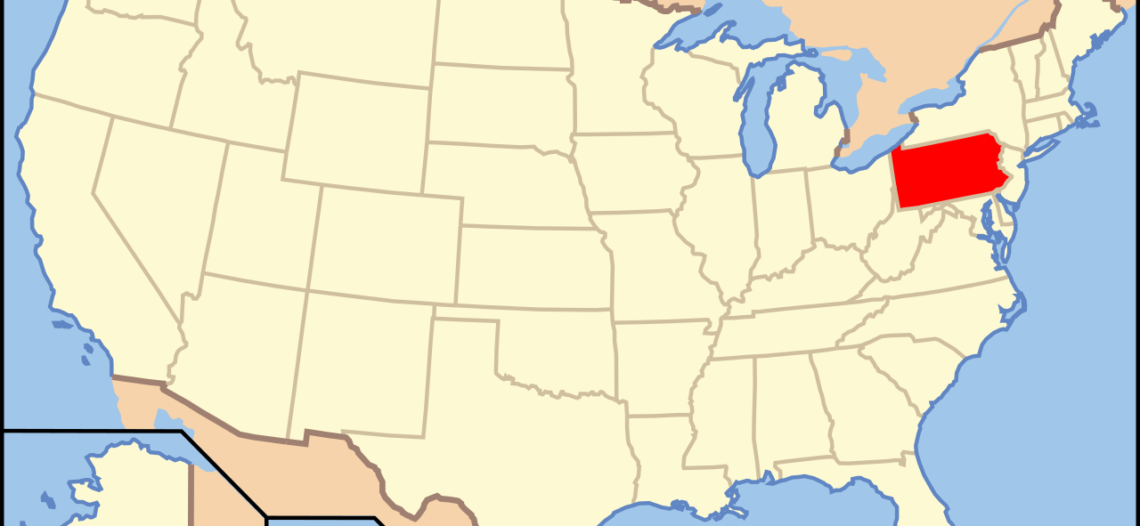Pennsylvania Franchise Registration




When companies are looking to expand their operations in a particular state, several factors are to consider. These factors include labor, taxes, logistics, and government incentives. So how does Pennsylvania fare? The state has an above-average college degree attainment rate, which increases the productivity per worker. The state has generous government incentives compared to surrounding states, despite having a slightly high corporate income tax of 9.9%, which ranks towards the bottom. The state also does pretty well in terms of infrastructure, which is a crucial factor for businesses. If you are looking to franchise your business in Pennsylvania, you need to consider all these factors for success.
The United States has franchise registration and non-registration states, which means depending on the state you intend to franchise, there are franchise laws to adhere to at the state and federal level. For example, as a non-registration state, Pennsylvania has not enacted any specific franchise laws. This means that you are not required to register or file with the state if you intend to offer or sell a franchise in the state. However, although the state has not enacted specific franchise laws, federal franchise laws still apply.
Federal franchise laws are applicable in registration or non-registration states and are regulated by the Federal Trade Commission Amended Rule (FTC Rule). It is advisable to ensure that your business complies with all the rules stipulated by the Federal Trade Commission Amended Rule before offering or selling your franchise location to a prospective franchisee. The federal franchise rule stipulates that all franchisors must disclose an updated Franchise Disclosure Document at least 14 days before any agreement or payment from a prospective franchisee.
The FTC Franchise Rule requires all franchisors to draft a comprehensive Federal Disclosure Document and provide any prospective franchisees with a copy. It is advisable to consult a professional franchise attorney to ensure that all the 23 items required are covered. Some of the items covered in the Franchise Disclosure Document include the litigation history, current, and past franchisees, exclusive territory associated with the franchise, assistance provided to the franchisee, and the cost of starting and purchasing a franchise.
Over time the Federal Trade Commission Rule has been broadened to examine and regulate business practices as a consumer protection agency or areas with no investigatory predicate. This enables the FTC Rule to protect franchisees and consumers from almost any type of business. The FTC Rule is also able to handle diverse issues which are considered private, such as accountability. Failure to comply with the Federal franchise rule means you risk costly fines and penalties, and franchisees can reject the agreement. The FTC Rule also stipulates the relationship between franchisor and franchisee by dictating the terms that each party needs to adhere to. Consult a franchise attorney so that you comply with franchise laws at the federal and state level.
For more information on how to register your franchise in Pennsylvania, visit the Franchise Marketing Systems site: https://www.fmsfranchise.com/learn/resources/state-guidelines/
